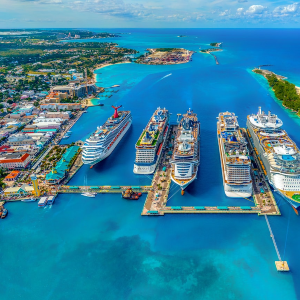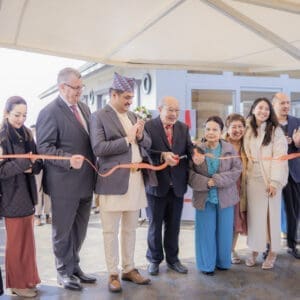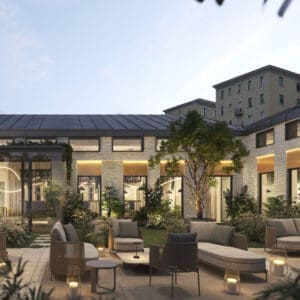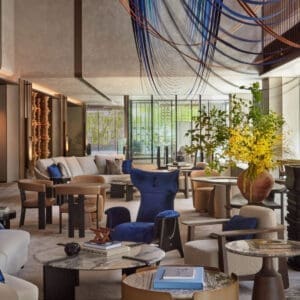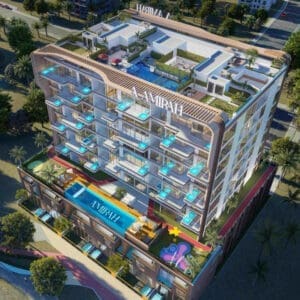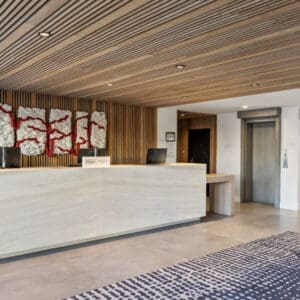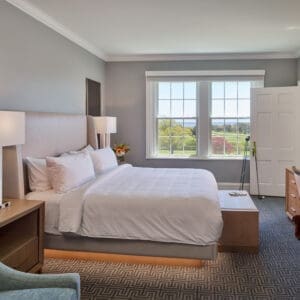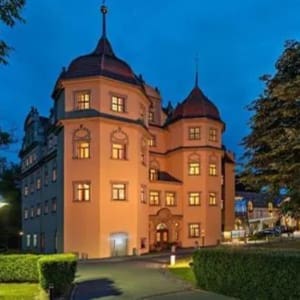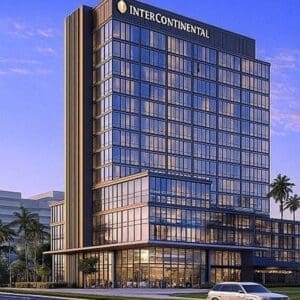
Belmond Ltd. today announced that it has acquired Castello di Casole, a luxury resort and estate in Tuscany, Italy.
The Company purchased from the current owner the entire equity capital of two entities that together own Castello di Casole, one of the largest private real estate properties in Tuscany. The purchase price, including transaction costs, is approximately Û39 million ($48 million) with a possible further Û2.85 million ($3.5 million) payable contingent upon certain real estate sales being realised.
The property is the latest addition to Belmond’s family of ÔItalian Icons’, which includes Belmond Hotel Cipriani in Venice and Belmond Hotel Splendido in Portofino. Located within easy access of both Florence and Siena, the resort and estate span 1,500 hectares and comprise the 39-key Castello di Casole hotel, together with high-quality vineyards and olive groves, extensive wooded Tuscan countryside, and 48 residential plots, of which 16 remain for sale, with three subject to non-binding reservation letters of intent to purchase.
The acquisition has been financed using cash on hand. Upon takeover of management, Belmond will rebrand the resort as Belmond Castello di Casole.
Roeland Vos, president and chief executive officer, commented, ÒI am delighted to announce the addition of the stunning and historic Castello di Casole to the Belmond portfolio. The Belmond brand continues to gain momentum and this acquisition marks the latest step in our journey towards realising our strategic growth plan. The expansion of our global footprint is a central component of our strategy to double the Company’s EBITDA by 2020. Castello di Casole complements our existing Italian portfolio of iconic hotels in Italy, with many of our discerning guests already travelling from Belmond Villa San Michele in Florence to this authentic rural hideaway in Tuscany.Ó
Awarded Best Hotel in Europe 2017 by Travel & Leisure (US), the historic castle dates from the 10thÊCentury and was once owned by acclaimed Italian cinematographer Luchino Visconti, synonymous with Italy’s ÔGolden Age of Cinema.’
Belmond Castello di Casole will epitomise Belmond’s command of ÔThe Art of Good Living’, combining nature, culture and wellbeing to create memorable travel experiences and special occasion events. The hotel will offer spacious luxury accommodation that has been designed to honour the rich and rustic traditions of Tuscany, full of terracotta and golden colours with timeless antique furnishings and original stone floors. Many of the suites feature private gardens that blossom with white roses in summer and the heated outdoor infinity pool offers sweeping views across the quintessential Tuscan landscape. Guests can enjoy a range of activities that celebrate the rich natural flora and fauna within the estate, including truffle hunting, classic Tuscan cooking, hiking and cycling via the vineyards, olive groves and local hamlets. The Spa, located in the vaulted wine cellar, features a range of Etruscan, traditional and modern facilities and treatments.
Mr Vos continued, ÒOur brand has long been known for its timeless products in inspiring locations. We believe this stunning castle steeped in Etruscan history presents a compelling opportunity to build on our past experience of acquiring distinctive properties and showcasing their iconic status through strategic investment, helping to drive greater revenue, EBITDA and brand exposure. When you enter any one of our hotels or step on board a Belmond train or cruise, you know it belongs to our family because it has a soul. Without a doubt, Castello di Casole has that individual essence. It has a rich and glamorous heritage making it a natural fit for the Belmond portfolio. We are delighted to bring Castello di Casole under the Belmond umbrella in 2018.Ó
Starting in 2018, the Company expects to invest Û7.3 million ($9.0 million) in a phased refurbishment of the hotel over four years, including the addition of two new villas on two residential plots that will be retained, bringing the resort’s total key count to 41. In addition, the Company expects to sell the remaining 14 land plots, including the three that are subject to reservation letters, over the coming years, effectively reducing the Company’s net investment in the estate.




